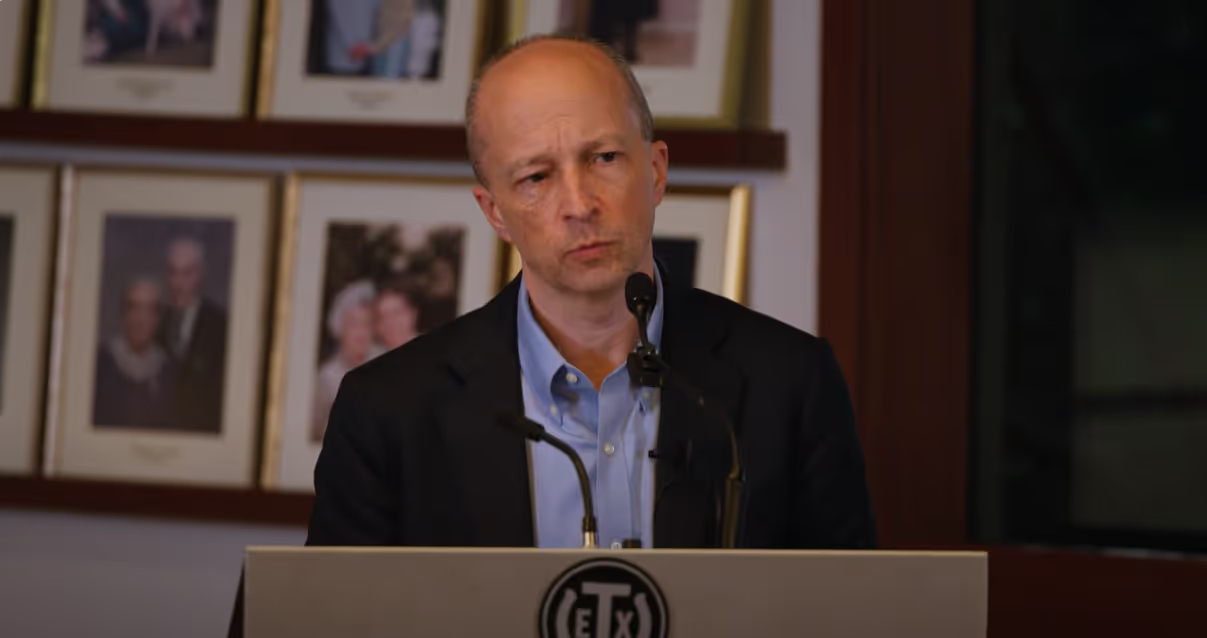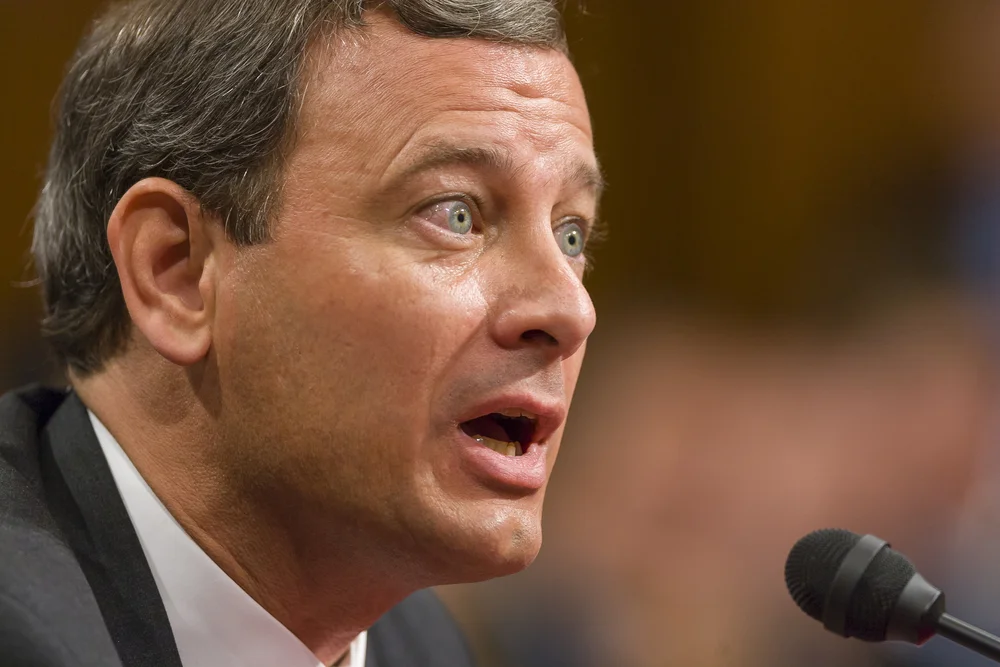.avif)
Waging Municipal Lawfare
These cases lack proper legal backing, misuse courts to alter state and national policies, and create chaos when the outside legal bills are due.
Recent lawsuits reveal a troubling pattern of cities working with private, fee-based lawyers. These cases lack proper legal backing, misuse courts to alter state and national policies, and create chaos when the outside legal bills are due.
For example, in pro-fracking Pennsylvania, an upscale county near Philadelphia partnered with contingency fee lawyers to sue energy companies over climate change, an attempt to fundamentally transform a key business in the Keystone State. In public health, private lawyers exploited their municipal engagements to fight for years over their fees, thus delaying a multi-billion-dollar settlement to help victims of the opioid crisis. A Kansas county recently engaged a national law firm to bring a massive class action lawsuit that threatens to drive up the cost of food, household appliances, and medical supplies nationwide.
Courts must not afford local governments legal standing to pursue claims that are proper, indeed exclusive, to state and federal officials. Numerous private law firms have created a business model encouraging local governments to pursue big-ticket cases. State and federal judiciaries are not designed to regulate complicated areas of national policy through piecemeal litigation. The only real winners from the expansion of legal standing for local governments are the plaintiffs’ firms that land lucrative contingency fee contracts and arrangements to represent cities and counties.
The limited authority of local governments to initiate public interest litigation is a matter of law, not politics. Under the Constitution’s system of “dual sovereignty,” the states retained the power to act as a parens patriae, or “guardian of the people,” a British common law principle that authorizes sovereigns to sue on behalf of their residents. As the Supreme Court ruled in Missouri v. Illinois (1901): “if the health and comfort of the inhabitants of a state are threatened, the state is the proper party to represent and defend them.”
Because the Constitution does not grant sovereign status to local governments, cities and counties cannot automatically bring lawsuits on behalf of their residents. These local governments must be authorized under state law to bring these lawsuits. To quote a 2019 brief authored by Michigan’s Democratic Attorney General Dana Nessel, and joined by bipartisan state attorneys general, “Each state legislature has the authority to grant standing to its municipalities to bring actions to address harm to its citizens.” Consequently, federal and state judges cannot “bestow parens patriae authority on municipal subdivisions in the absence of a state legislative grant of authority.”
Besides the legal reasons mentioned, there are also practical reasons to rein in municipal litigation. The opioid litigation illustrates the pitfalls of county and city cases brought by private law firms on a contingency fee basis. Unlike prior public health crises like tobacco, the opioid epidemic elicited lawsuits from over 2,700 county and city governments represented by private counsel.
What ensued should be a cautionary tale of the wages of local lawfare. A team of state attorneys general reached a resolution with a group of major drug manufacturers and distributors. Under the framework, state and local governments would receive $22 billion for drug treatment programs and other relief efforts aimed at the victims of the epidemic. Yet for two years, these funds were held in limbo as private lawyers retained by the local governments negotiated their fees from $1.7 billion to $2.4 billion.
The numbers from the prolonged opioid negotiations tell the story. In the two years that the trial lawyers delayed the opioid payouts, the settlement amount dedicated to victims increased by just 7 percent. Adjusting for inflation, the victims were basically no better off with the final settlement than the one negotiated by the state attorneys general two years earlier. By contrast, the fees paid to the contingency lawyers jumped by 41 percent between the original framework and the one approved by the city and counties. The extended negotiations were great for the private law firms but served little other public purpose.
Fortunately, there are several ways to counteract local overreach. Before considering the merits of a state law claim brought by a local government, courts need to ask whether the county or city is the proper party to bring the case in the first place. The private law firms bringing municipal cases often try to disguise the sweeping nature of their efforts by asserting that their litigation is only about protecting city-owned properties and other purely local interests. But the relief they seek almost always entails an overhaul of federal or state policies, which only federal or state representatives can do through the democratic process. State attorneys general should intervene in cases brought by local governments and ask the court to dismiss ones that encroach on their turf, in the interest of the citizens of their state.
Most importantly, state officials must engage local governments in lawsuits on behalf of the state. When bringing cases on behalf of the people, state attorneys general should maintain open communication with city and local government leaders. The Supreme Court has been clear that only the federal and state governments have the inherent power to bring lawsuits on behalf of their residents. State officers must safeguard this authority and exercise it responsibly.
Doug Peterson is the former Attorney General of Nebraska (2015 – 2023). Michael Toth is the Director of Research at the Civitas Institute at the University of Texas at Austin.
Constitutionalism

Amicus Brief: Hon. William P. Barr and Hon. Michael B. Mukasey in Support of Petitioners
Former AGs Barr and Mukasey Cite Civitas in a SCOTUS Brief

Rational Judicial Review: Constitutions as Power-sharing Agreements, Secession, and the Problem of Dred Scott
Judicial review and originalism serve as valuable commitment mechanisms to enforce future compliance with a political bargain.

Supreme Court showdown exposes shaky case against birthright citizenship
Supreme Court will hear challenges to Trump's order ending birthright citizenship, testing the 14th Amendment's guarantee for babies born in America.

Why Is the Federal Reserve Special — and Just How Special Is It?
How does the Fed fit into the Court's reform of the administrative state?

Kneecapping Powell, Undermining the Rule of Law
Donald Trump and conservatives know the perils of lawfare all too well. Why subject Jerome Powell to the same thing?



.avif)







.avif)
.avif)


%20(1).webp)


